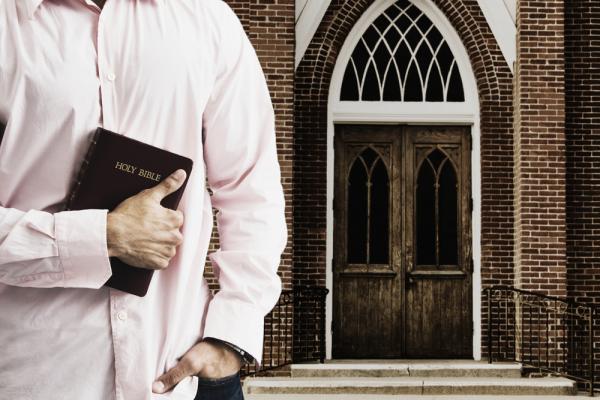Being “right” is exhausting.
You know what I mean. A controversy blows up over social media and the faith must be defended. A conversation about church practices becomes a nitpicky theological debate. A news story catches our eye and we are filled with outrage and take to our laptops to be the first to comment.
I feel as though I live in a world in which I’m constantly tempted — and encouraged — to major in details and minutiae and miss the very real and beautiful and incomprehensible presence of God.
Which is why being “right” is exhausting.
I thought of this the other day while visiting a different church from the one in which I am a member. My first — and wrong — reaction was to tense up. It seemed that everything about church that I had tried to escape was on display. I’ve learned to pay attention to those reactions. I have found that whenever something bothers me and makes me speak in absolutes, it’s because there’s a part of my heart I want to hoard for myself instead of allowing God’s light to shine on it. I hate to admit it, but so much of my identity as a Christian is defined by what I’m not.
Read the Full Article

